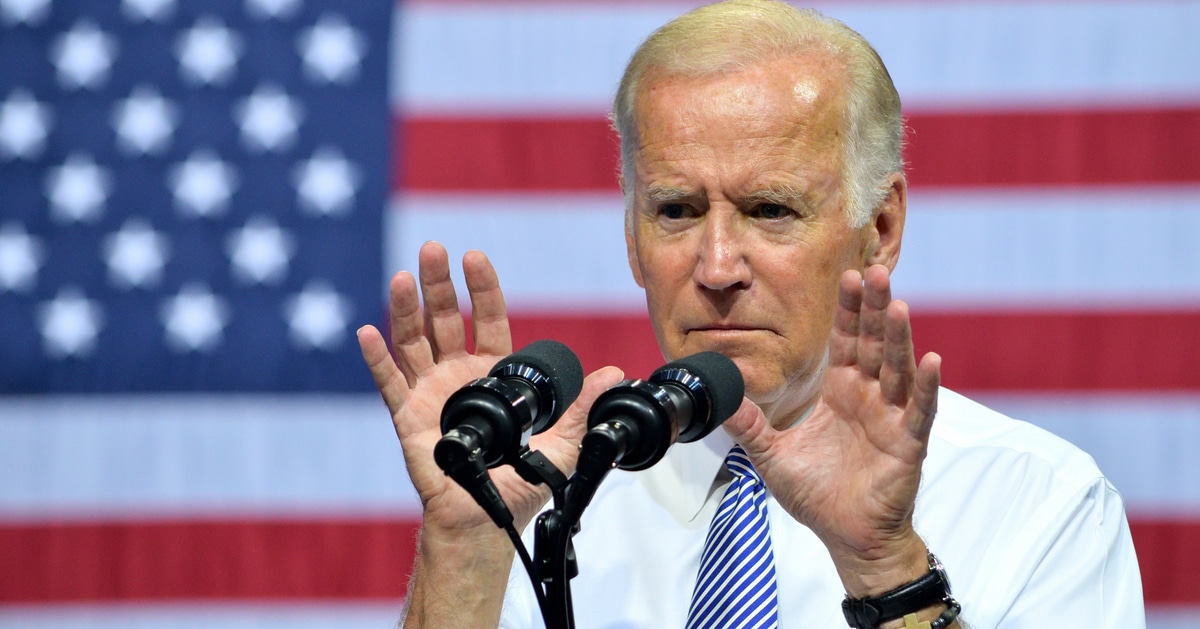




In a striking accusation, Rep. Claudia Tenney called for a group of former intelligence officials to be prosecuted for their intentional lies about the Hunter Biden laptop story.
Fox News reported that Tenney suggests these officials, known collectively as 'The 51', should face prosecution under federal law for allegedly making false statements in relation to the incident before the 2020 presidential election.
Their statements mislead the American people and arguably interfered in the presidential election, something Trump is being indicted for based on much less straightforward accusations.
The controversy began in October 2020, when these officials signed a letter casting doubt on the veracity of the Hunter Biden laptop story, suggesting it might be a Russian disinformation campaign.
This letter included signatures from high-profile figures such as Leon Panetta, Michael Hayden, and Jim Clapper and was used to defend Joe Biden ahead of the 2020 election.
The authenticity of the laptop was later confirmed and even used as evidence in Hunter Biden's federal gun trial. Despite this verification, the signatories maintain that their assessment was based on extensive experience and was intended to alert the public to potential foreign interference.
Rep. Tenney has accused the former officials of knowingly promoting false information, citing 18 U.S.C. § 1001, which deals with making false statements in federal matters. This assertion raises questions about the balance between national security caution and freedom of expression.
When contacted by Fox News Digital, none of the 51 signatories expressed regret for their actions. James Clapper's straightforward "No" in response to whether he regretted signing the letter underscores the group's steadfast position on the matter.
Greg Treverton, another signatory, reflected on the decision to sign the letter. He emphasized that while the group could not definitively claim the story was a Russian operation, their suspicions were based on patterns recognized from past experiences.
Mark S. Zaid, an attorney representing several of the signatories, argued that their actions were motivated by patriotism. He suggested that the letter was a prudent warning against known threats of foreign interference in U.S. affairs and should be viewed as a vigilant, rather than deceptive, act.
Zaid’s commentary defends the signatories' stance, indicating that their intention was not to mislead but to protect. "A careful and objective reading of the document reflects that even today its content is accurate," he stated, highlighting the ongoing relevance of their caution.
The debate over the signatories' actions reflects a broader discourse on how intelligence is used and interpreted in public discourse.
The implications of Rep. Tenney's call for prosecution could have far-reaching effects on how former and current officials engage with public statements on sensitive issues.
Furthermore, this situation raises significant legal and ethical questions regarding the accountability of former intelligence officials and the protection of democratic processes from foreign influence.
As the situation develops, it remains to be seen how the judicial system might respond to such a high-profile accusation.
The intersection of law, politics, and national security continues to be a complex and highly scrutinized domain.
The ongoing controversy surrounding the Hunter Biden laptop story, and the subsequent legal and political fallout, continues to be a focal point of national interest.
The story not only touches on issues of misinformation and foreign interference but also on the legal ramifications for those involved in its dissemination and public interpretation.
The situation involving Rep. Claudia Tenney's call for the prosecution of 51 former intelligence officials remains a significant and divisive topic.
The original skepticism about the laptop's authenticity, followed by its later confirmation and the staunch defense of their actions by the signatories, highlights the complexities of dealing with suspected misinformation amidst concerns of foreign interference.
This case serves as a reminder of the challenges faced in maintaining vigilance against external threats while ensuring the integrity of public discourse.



